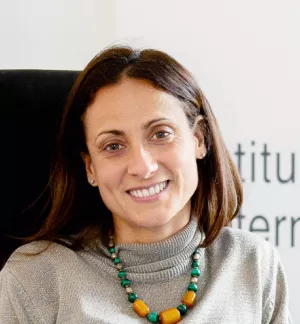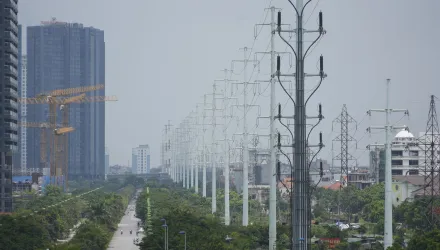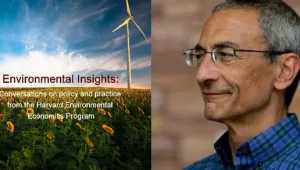Speakers: Vivien Schmidt, Nathalie Tocci, Alexandros Yannis
Moderator: Erika Manouselis
The Project on Europe hosted a post-COP 26 discussion about how European integration of a climate change agenda is now at the very center of its political project. Europe is exiting almost two decades of existential crisis during which it lost its narrative: it no longer had a compelling story to tell. It has now found it once again. Today, a green Europe represents a normative vision, an economic growth strategy, as well as a route to a political Union: it promises to be the new narrative to revive the European project. Precisely because it is so existential for the future of Europe, getting both the story and the practice right is crucial. This is a tall order.
The breadth and depth of change that comes with this transition is unlike anything we have seen before. Preparing and acting both on the energy transition and on its socio-economic and political consequences is essential. The 2021 energy price spike is only a first warning. Unless this is done, the EU’s vision will either fail to translate into action, or inadvertently unleash social, economic and political backlashes that could come biting back at the Union. Europe, as a climate leader in the transition, is being watched closely by others. Its success or failure in handling the transition and thus also its social, economic and political consequences will affect other transition paths, beginning with the United States.







